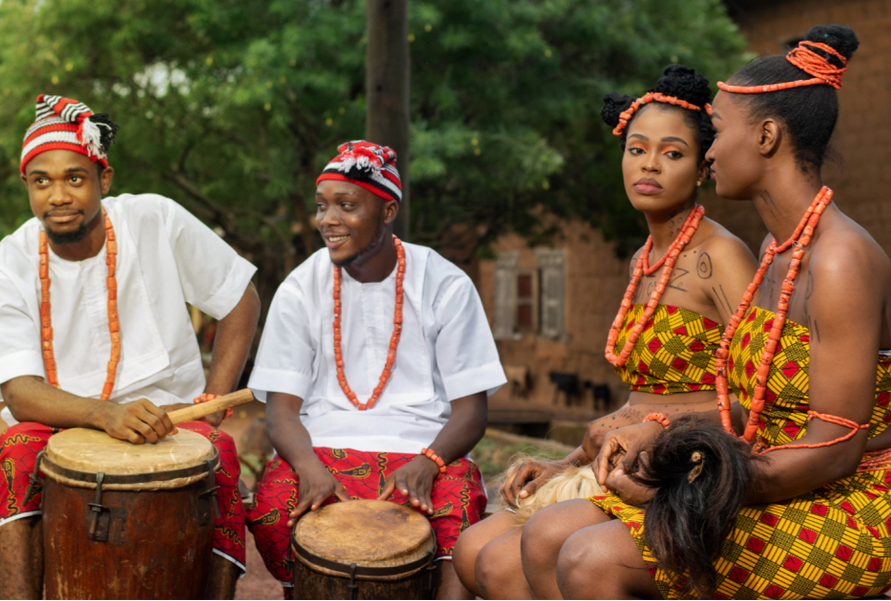African American culture is known for its creativity. You can transform food scraps into delicious soul food or the New Orleans’ Tignon Laws, which backfired when women of colour changed the legal head wraps required to reduce their attraction and made them colourful and adorned masterpieces that made them more beautiful and mysterious. We make the mundane extraordinary.
Dance is no exception. Our African ancestors’ tribal dances were banned from us, but they were brought back into Frankie Manning’s Lindy Hop or Cab Calloway’s Jitterbug. Over time, new dances were created to match the soulful music from the 60s. Every social event includes partner dancing, from the East Coast Hand Dance to Chicago Style Steppin.
As with first visits to beauty salons and barber shops, they are learning these dances in Black communities is a right of passage. Nothing is written. The elderly can teach the younger. Social dancing is a place where people can share their love and support one another. Seasoned dancers should be kind and patient. Your partner should be comfortable dancing with you.
Chicago Style Steppin was not something I could do until recently because of my childhood trauma. It became an integral part of my healing process when I returned home. I have taken classes at the same venue my mother used to dance in her youth. My grandparents could be some of my partners, while my children could be others. Lessons are learned with the expectation that we will learn from our mistakes. The admission fee of a few dollars goes to the soul food buffet, allowing people to share their stories and resources, and offer advice and support.
I realized that the elements of a good relationship are the same as those of a good dancing partner: mutual caring and respect, trust and listening, joint care and respect, trust and being present, vulnerability and being open to possibility. It’s a conversation that doesn’t require words. I respond to my partners by improvising moves.
African culture and traditions Florida is a collection of practices and traditions developed from a difficult beginning. Partner dance, accompanied by soulful music and clothing, is integral to our mental health. When they were day porters, janitors and domestics, our grandparents found each other and reclaimed dignity and beauty by going out to dance. Dance is our shield against negative stereotypes in difficult times. It’s also a good feeling.

















